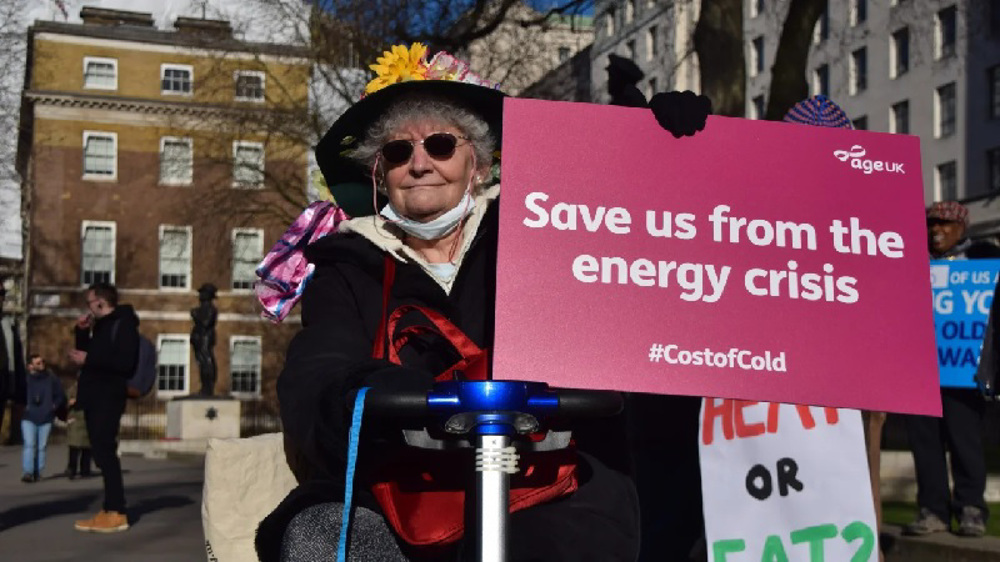Britons compare parenthood to ‘financial suicide’ amid debt crisis, survey finds
A study has found that the high cost of childcare in England is causing many families to view it as a significant “financial suicide”, forcing parents to face increasing debts or to have abortion due to the unaffordable expenses.
Approximately 46 percent of parents in England who have a child under the age of five have reported falling into debt or having to dip into their savings in order to cover childcare costs, marking a 30 percent rise compared to the previous year.
Involving a sample of 5,870 randomly selected participants from a pool of 35,800 individuals, the survey has been revealed by the campaign group Pregnant Then Screwed.
Childcare expenses prevented one out of every three mothers from returning to full-time work, with approximately 70 percent stating that it was not financially feasible after factoring in those costs.
One in three mothers couldn't return to full-time work due to childcare expenses, while around 70 percent said it wasn't financially viable after covering those costs, the study stated.
The study also indicated that the main factor influencing the decision to go for an abortion, as indicated by over half of the mothers (52.5%) who had an abortion, was the cost of childcare.
A full-time (50 hours) nursery place in England for a child under two costs an average of $342 per week, or over $17,728 per year, as stated on the government's Money Helper website.
According to the CEO and founder of Pregnant Then Screwed, Joeli Brearley, many parents in England cannot afford to have more children.
“Being a parent is tough enough, but when having more children means sacrificing your income, procreation feels like financial suicide,” Brearley argued.
“If we aren’t careful, becoming a parent will be a luxury item, and the economy can’t afford to pay that price,” she added.
Brearley also hinted at the low fertility rate of Britain, which in 2020 accounted for about 1.56 births per woman.
“We’re running out of babies. The birth rate is in decline. But parents who want to have more children cannot afford to do so," she exclaimed.
“We’ve not only got a cost of living crisis, we’ve got a cost of working crisis that disproportionately impacts mothers.”
The survey has been conducted in light of the government's commitment to decrease childcare expenses from April onwards.
Nevertheless, an overwhelming 90 percent of the respondents expressed skepticism toward the government's assurances.
'Unprecedented damage': 19 killed in South Korea's worst wildfire
Israeli soldier in Romania faces criminal lawsuit over Gaza crimes
Iran urges Syrian regime to act against mass killing of civilians
Over 1,400 arrested as protests continue in Turkey despite ban
VIDEO | Press TV's news headlines
VIDEO | Yemen’s war: Years of destruction, ongoing struggles
VIDEO | Israel expands illegal settlements with new separation plan
Yemen confronts US warships for ‘several hours,’ strikes Israeli military targets near Tel Aviv



















 This makes it easy to access the Press TV website
This makes it easy to access the Press TV website